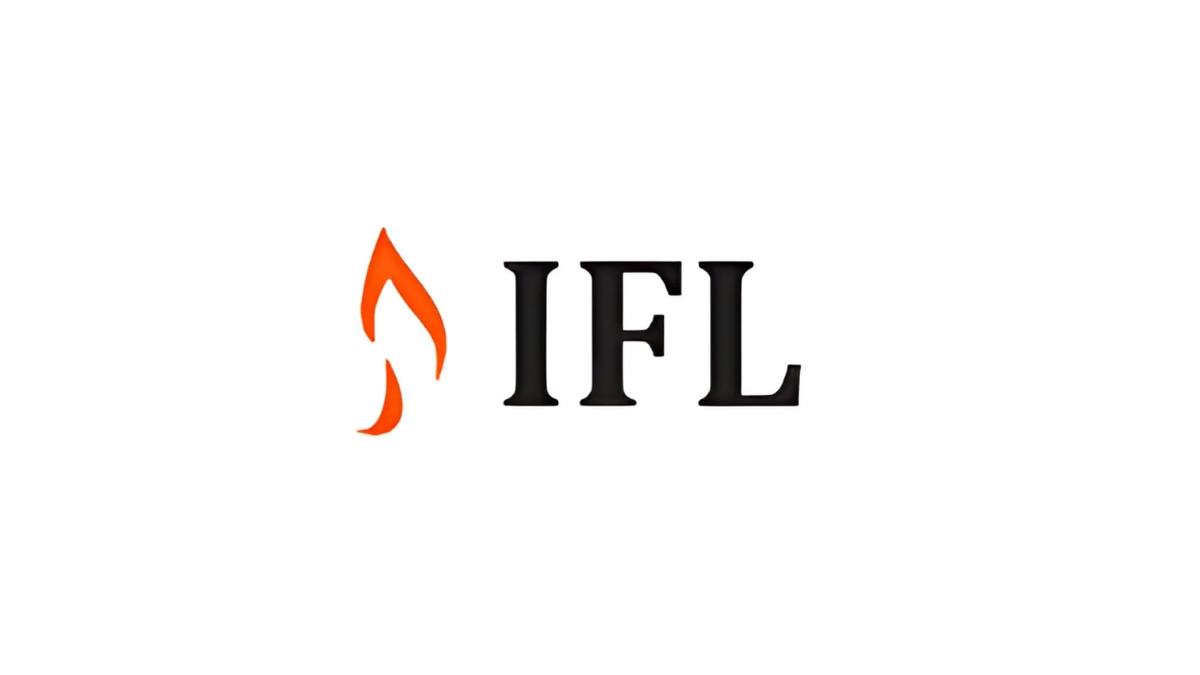Union Budget 2024: 7 key terms to understand before Budget session

Finance Minister Nirmala Sitharaman will present the interim Union Budget 2024 before the commencement of the next financial year, on February 1. This will also be the last Union Budget by the Modi government before the general elections.
It must be noted that this is the interim budget of the next financial year and not the complete budget. This means that the policies listed during the presentation won’t come into effect until the new government is formed.
Before the interim Union Budget 2024 is presented in the Parliament in less than two months, here are some key financial terms you must know.
Union Budget 2024: Key terms to understand
Economic Survey
The Economic Survey presented during the Budget session is a flagship document summarising the performance of the economy in the ongoing financial year. It sets the stage for the budget of the upcoming financial year to be presented.
Inflation
Inflation is the rate of increase in the prices of goods, services and commodities in the country. The higher the inflation any year, the weaker is the purchasing power of a consumer for a defined set of goods.
Direct and indirect taxes
Direct taxes are defined as the taxes that are levied directly from a taxpayer, such as income tax or corporate tax. Meanwhile, indirect taxes are the taxes levied indirectly, such as GST, VAT and excise duties on a service.
Finance Bill
The government uses the Finance Bill as a document to introduce the policy of levying new taxes, making alterations in the tax structure or continuing with the existing tax structure.
Capital expenditure (capex)
The capital expenditure of a country is the total amount of money that the Centre is planning to use development, acquisition or degradation of machinery and assets linked to boosting the economy.
Budget Estimate
The estimated funds allocated to ministries, departments, sectors and schemes in the country are called Budget Estimates. It determines how and where the money will be used and what costs will be incurred during a given period of time.
Fiscal Deficit
This term refers to the difference between the total spending of the government and revenue receipts of the previous financial year. This gap is then filled by borrowing funds from the Reserve Bank of India, among other measures.

Atul Tiwari is a seasoned journalist at Mumbai Times, specializing in city news, culture, and human-interest stories. With a knack for uncovering compelling narratives, Atul brings Mumbai’s vibrant spirit to life through his writing.





